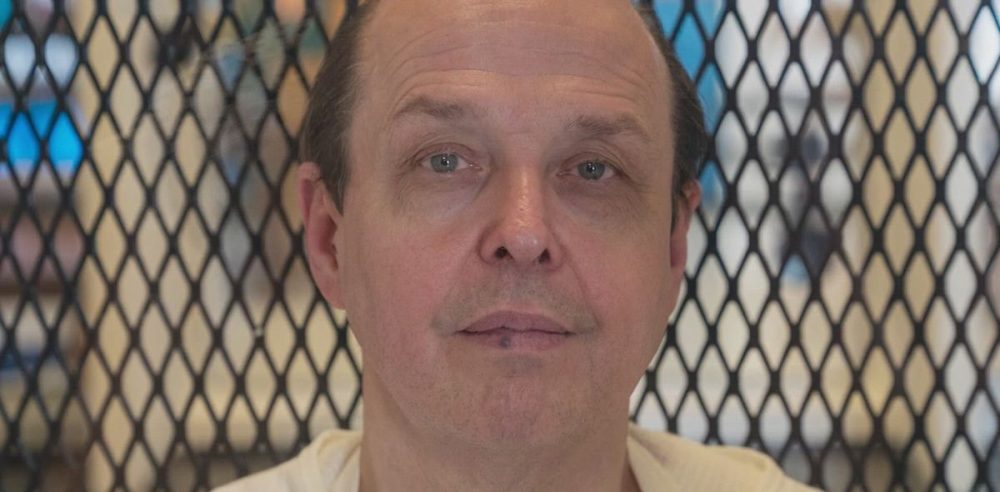Although an 11th-hour move by the Texas House Committee on Criminal Jurisprudence to subpoena a death-row inmate Robert Roberson to testify delayed his execution last week, he ultimately was not able to appear at the hearing on Monday.
Roberson was sentenced to death 21 years ago following his conviction for the murder of his 2-year-old daughter Nikki in 2002, who prosecutors said was a victim of shaken child syndrome. However, that diagnosis has been called into question in light of other medical discoveries in recent years. Roberson has consistently maintained his innocence.
Committee members had originally intended for Roberson to testify in person at the hearing so they could ostensibly ask about the state’s so-called “junk science” law, and how it impacted, or failed to impact, his appeals process. However, Attorney General Ken Paxton, who is representing the state prison system in this instance, said that Roberson would only be allowed to testify by video conference.
Roberson’s lawyers and the committee objected, claiming that the inmate’s autism and lack of technological experience after more than 20 years in prison would inhibit his ability to testify effectively.
“There’s been a lot of discussion about video conferencing Robert in today,” State Rep. Joe Moody said at the hearing. “I believe that that’d be perfectly reasonable for most inmate witnesses, but Robert is a person with autism who has significant communication challenges, which was a core issue that impacted him at every stage of our justice system.
“He’s also spent most of the last two decades alone, locked away from the modern technology we now take for granted. Video conference is poorly suited for Robert, specifically to provide his testimony, and would only further the harm he has already suffered,” Moody said, adding, “Our committee simply cannot agree to video conference.”
Moody added that the committee was in talks with Paxton and expected a quick resolution that would allow Roberson to testify in person. State Rep. Jeff Leach told CNN that the committee might consider a “field trip” to the prison unit if Roberson is not allowed to go to Austin to testify before the committee.
However, other legal and medical experts provided testimony at the hearing, including Dr. Phil McGraw, who said that executing Roberson would be a “miscarriage of justice” because Roberson did not have a fair trial.
“What I can tell you that goes beyond opinion, after examining the record in this case, the trial transcript in this case, the medical records in this case, this man has not had due process. This man has not had a fair trial, and if we start executing people in Texas absent due process, absent fair trial, we are going down a really dangerous road. That is not something that I can support,” McGraw said.
Terre Compton, who was a juror at Roberson’s 2003 murder trial, said the jury was never presented with any other evidence in the trial, and that the prosecution’s case centered on Shaken Baby Syndrome. She testified to the committee that if she had known about evidence that the child was chronically ill and suffered severe pneumonia before her death, she would have found Roberson innocent in connection to his daughter’s death.
“We as jurors took what they told us to be the truth. … I feel like we were taken very much advantage of. I think they lied to us in a lot of ways,” Compton said. “I could not live with myself thinking that I had a hand in putting an innocent man to death.”


